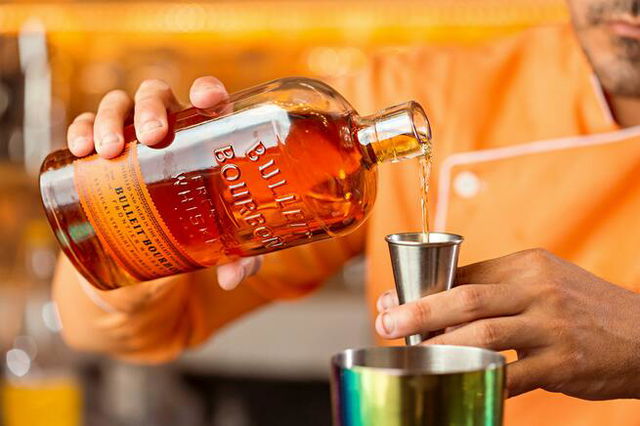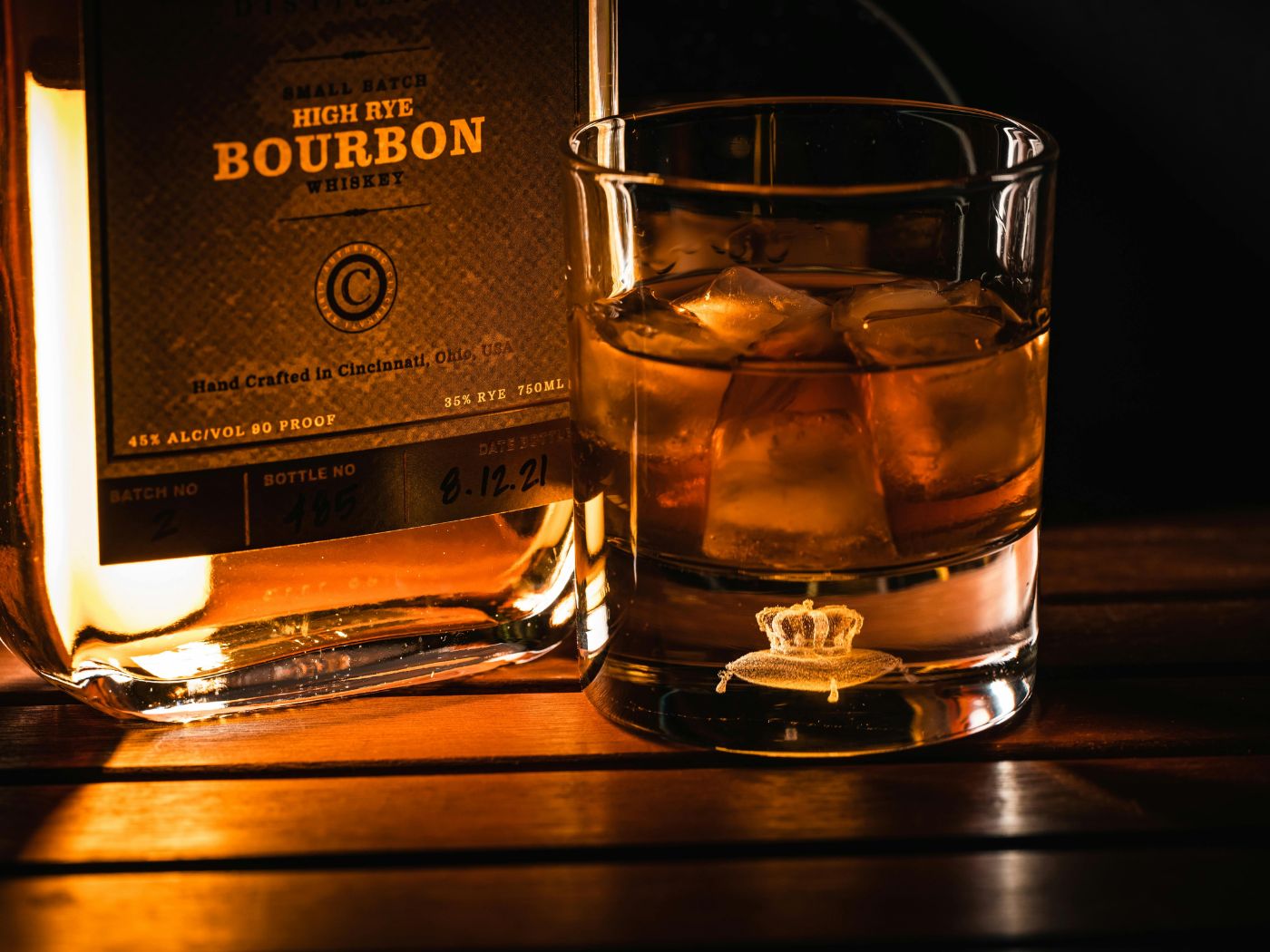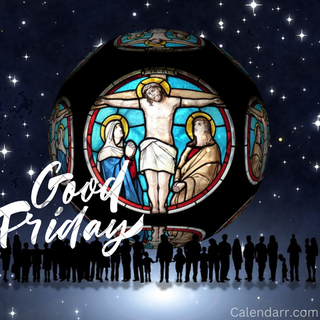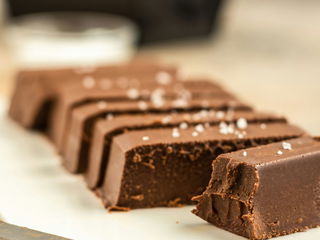- Calendar
- Calendar 2025
- June
- Bourbon Day
Bourbon Day
On June 14th every year, people come together to celebrate National Bourbon Day in honor of the liquor which is America's Native Spirit.
In the scorching heat of summer, during the warmth of June, a glass of Bourbon on the rocks is all you need to calm your nerves both from the humidity and frustration of your day.
National Bourbon Day pays tribute to this iconic whiskey, which is infused with deep amber hues and flavors that make you smile. It is a drink that has etched itself into the very depth of American culture, symbolizing resilience, creativity, and a taste of history.
The day also celebrates the global success of Bourbon, whose international markets include Japan, Canada, and The UK.

The History Of National Bourbon Day
Bourbon's history is deeply intertwined with early European distilling traditions and the migration of Scottish and Scots-Irish settlers to the United States.
Distilling techniques brought over from Europe laid the foundation for the production of whiskey in America. These settlers, particularly those in the territories that eventually became Kentucky and Virginia, played a crucial role in refining and popularizing the distillation process.
The rugged and fertile lands of Kentucky, in particular, provided ideal conditions for growing corn, the primary ingredient in bourbon. The Scots-Irish settlers brought with them their knowledge of distilling grains, including corn, and began experimenting with various methods to produce flavorful and high-quality spirits.
Over time, a distinctive style of whiskey emerged in the region. The use of charred oak barrels for aging whiskey became a common practice, imparting a rich amber color and unique flavors to the spirit.
This aging process was a significant departure from the traditional European approach and contributed to the development of bourbon's signature characteristics.
As bourbon production thrived in Kentucky, it gradually spread to other regions across the United States. The industry expanded and diversified, with distilleries emerging in states like Tennessee, Indiana, and Illinois, among others. Each region brought its own local variations and styles, contributing to the diverse landscape of American whiskey production.
The popularity of bourbon grew steadily over the years, both domestically and internationally. Its smooth and robust flavors, combined with its unique American heritage, captured the attention of whiskey enthusiasts around the world.
Today, bourbon is celebrated as America's Native Spirit, and its production is regulated by specific legal requirements to ensure its authenticity and quality.
The influence of early European distilling traditions, coupled with the migration of Scottish and Scots-Irish settlers, played a pivotal role in the birth and evolution of bourbon. These historical factors, along with the fertile American land and innovative aging techniques, have shaped bourbon into the beloved whiskey it is today.
The science of distilling was brought to America, more precisely to the territories that are now Kentucky and Virginia, by Scottish and Scots-Irish settlers.
How and where Bourbon as a whiskey drink originated is not very clear, because there are not many documents from the time regarding the conception of the drink.
A common but likely false story about the invention of bourbon credits Elijah Craig, a minister, and distiller from Kentucky, as the mind behind the drink.
Craig is said to have been the first person to age the drink in oak casks, which is what gives bourbon its distinctive color and taste.
Most historians think that bourbon was a product of several people experimenting with distilling and aging whiskey in barrels, a process that had existed in Europe for centuries.
The etymology of the name for bourbon is also disputed, with some believing that the name was given because of the drink's conception in Bourbon County in Virginia and Kentucky.
Others argue that the name comes from Bourbon Street in New Orleans, where bourbon was very popular as a cheaper alternative to cognac.
In order for whiskey to be considered bourbon, it has to follow some legal requirements.
These include being made of at least 51% corn, aged in charred oak barrels, and it must be produced in the United States.
What to do for National Bourbon Day
The popularity of the drink has led to it being available all over the world, and now Bourbon Day is also celebrated globally.
Many restaurants and bars will offer bourbon at reduced prices to celebrate the day.
In Kentucky, many distilleries participate in the Kentucky Bourbon Trail and the Urban Bourbon Trail.
It is an event where participants go across different distilleries to try their bourbons and learn more about the process of making the drink.

Other Celebrations
-
Jan 25 Sat
-
Mar 27 Thu
-
May 25 Sun
-
Sep 21 Sun
-
Sep 30 Tue
-
Oct 04 Sat

Bourbon Day - Next years
Sunday, 14 June 2026
Monday, 14 June 2027
Wednesday, 14 June 2028











